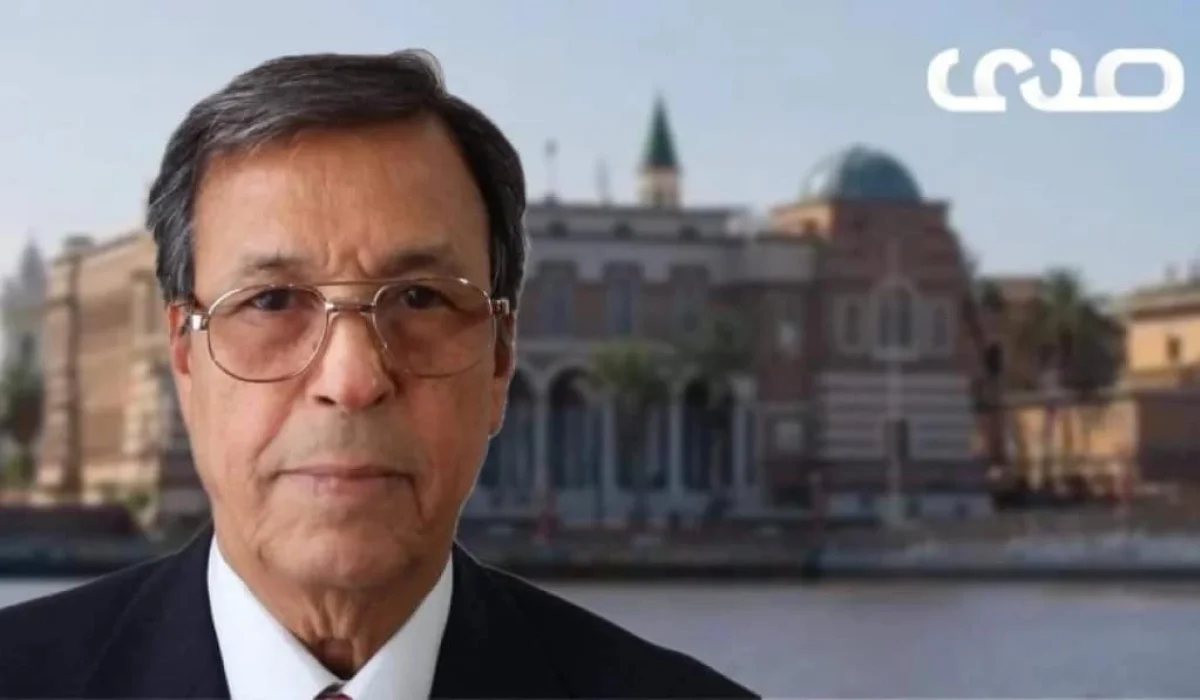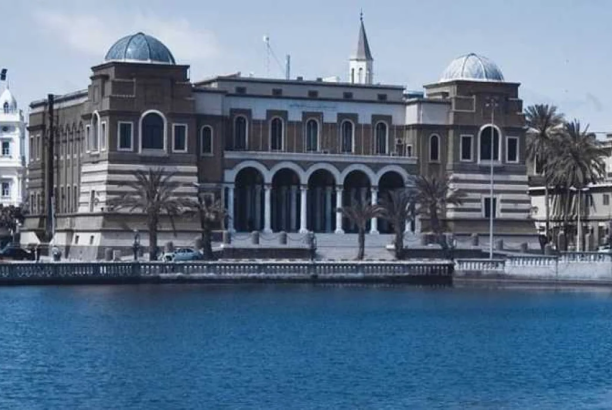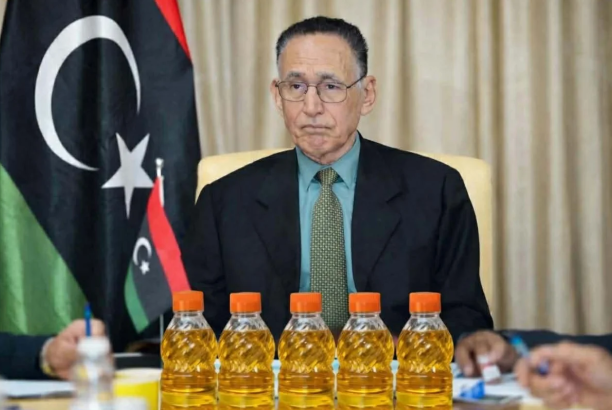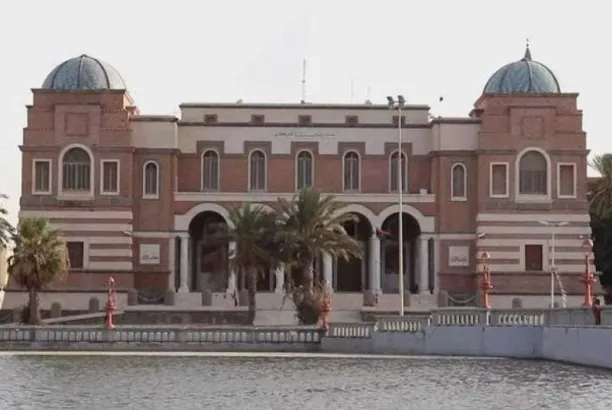
| News
Atiya Al-Fitouri Offers Solutions to the Causes of the Dollar Exchange Rate Increase in the Black Market
Professor of Economics at the University of Benghazi, Atiya Al-Fitouri, explained in a post on his personal page the problem of the increase in the dollar exchange rate in the foreign exchange black market, despite the opening of documentary credits for small traders with $500,000, and breaking down the amount into segments of $100,000 each time, and $4,000 for individuals, with an additional $4,000. Despite this, the exchange rate in the black market has not decreased.
Al-Fitouri continued by stating that this could be due to the relatively complicated procedures required by the Central Bank for each case of obtaining dollars, in addition to the lack of trust in the sustainability of these procedures. Moreover, there is a large volume of foreign labor in Libya, both legal and illegal, which is transferring part of its income abroad.
Al-Fitouri further clarified that what needs to be done is to ensure that live dollars are available in commercial banks, as was the case in 2010 and before, and to allow each Libyan citizen to buy up to $1,000 at a time, whether the currency is cash or transferred through Western Union or MoneyGram. Any commercial bank would provide $1,000 in cash or transfer the amount through one of the two other means. The Central Bank could regulate this over time, for example, once a month or every three months, or otherwise. This would reduce the price of the dollar in the black market, bringing it closer to the official rate. This approach would relieve the Central Bank of the burden of paying more foreign currency to the public, compared to what it currently pays: $4,000 plus an additional $4,000 per individual.
Al-Fitouri added that this continuity would help build trust in the Central Bank’s procedures, leading to the stability of the dinar’s value against the dollar in the black market. The demand in this market would then come only from foreign labor. However, all of this requires the presence of live dollars at the Central Bank, which would feed commercial banks according to demand, which would eventually stabilize if the Central Bank’s policy settles on this situation.
Al-Fitouri concluded his post by saying: “A final word on this matter is that currency speculation is present in economic literature, especially in the subject of international finance. We know that speculators speculate against weak or unstable currencies, and the Central Bank cannot fight, stop, or even limit this except through an effective monetary policy, in addition to the understanding of financial authorities about the importance of stabilizing the value of the national currency and taking the appropriate measures for that.”





